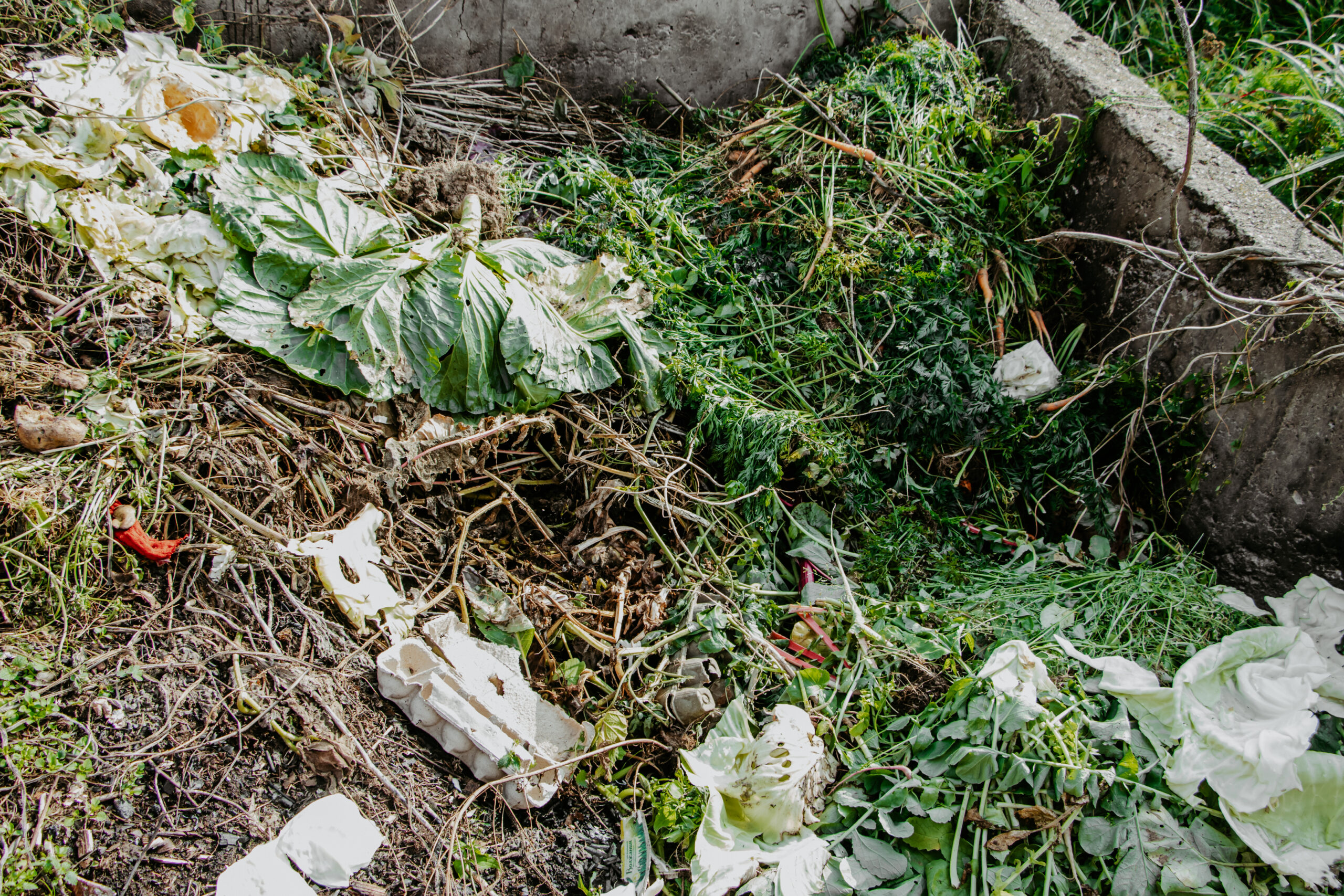Green waste composting is a method of disposing of green and other organic waste types through their natural properties. Composting is a popular and easy-to-implement waste management method, with many households already using a compost bin.
Much of the practices surrounding green waste composting connect to broader waste management goals. These shed light on potential future trends across the industry.
This blog explores green waste composting and its relationship to potential future trends in the waste management industry.
Defining Green Waste Composting
Green waste composting is the recycling of organic waste like leaves, food scraps, grass clippings, and any other plant material to form compost. We define composting as the rotting of organic material by microorganisms.
There are innumerable common green waste materials that a person might find around their house. Below are a few common examples.
- Fruit and vegetable peelings
- Leaves and small branches
- Grass cuttings
- Weeds
- Tree bark
Green waste is extremely beneficial to the environment, unlike general waste which is harmful and fills up the landfill. Green waste can be reused in the form of compost.
Green Waste Composting
This type of waste is aerobic and is decomposed without any added oxygen, which is extensively found in landfills. Methane can lead to climate change, therefore managing this type of waste is crucial.
Enhancing composting techniques will improve overall aerobic waste management in Australia. Transforming organic waste into compost can raise soil quality and bring down the amount of greenhouse gases released into the environment.
Benefits of Green Waste Composting
The importance of green waste composting is paramount. Most of these advantages revolve around the viable and productive mechanisms of waste management. This reoccurs in some of Cleanway’s other blogs, such as Simple Ways To Make Your Waste Disposal More Eco-Friendly.
Reducing Waste
By composting green waste, businesses are able to cut down on costs associated with waste disposal and also reduce the overall organic waste that goes to landfill. This also aids in reducing loss in volumes in landfills.
Establishing Healthier Soils
The creation of green waste compost is one of the most important and beneficial features of green waste composting. With the wide variety of green, blue and brown resources, it is possible to raise the compost’s nutrient content.
Decreases Emissions of Greenhouse Gases
This enables the green waste to decompose under aerobic conditions instead of under oxygen deficient conditions, like the semi-decomposed organic matter. When aerobic conditions are present, the decomposition of organic matter occurs while devoid of free oxygen which emits methane, a highly potent greenhouse gas.
Economic Benefits
Companies stand to benefit economically because they can spend less on waste disposal with green waste composting. Many companies that do waste collection and disposal integrate composting into their services so that businesses can minimise their overall waste management expenses by separating green waste from other wastes.
Circular Economy Contribution
Green waste composting contributes to the circular economy because it turns waste to value. A business’s organic waste can be put to better use by composting it and later using the compost to grow more plants instead.
The Future of Waste Management
With the rising global focus on environmental issues, green waste composting is expected to rapidly increase in use further down the line within Australia’s waste management sector.
There is a push from government policy and community action for businesses to adopt more environmentally-friendly initiatives; composting is a key part of this transition.
Composting Technology
There are expected to be advances in green waste composting technology in the future. Industrial composting systems are becoming more efficient and allowing businesses to handle greater quantities of green waste in less time.
Consumer and Community Initiatives
Businesses around the world have begun to feel the impact of overconsumption and pollution, and consumers are more open to sustainable practices as a result of these changes.
Implementing Green Waste Composting in Businesses
With the ever-changing world, businesses have a plethora of options on how they can incorporate green waste composting. With proper arrangements, the whole procedure will be quite straightforward. Cleanway has an entire blog post dedicated to this.
Conduct a Waste Audit
Before starting a composting programme, it is important to measure the amount and type of organic waste that is generated by the firm. Conducting a clean waste examination will allow the company to recognise how much plant waste is generated and also find means to minimise or recycle waste.
Select a Service for Business Waste Collection.
Collaborate with a professional company specialising in waste management services that include green waste composting. These companies can provide special waste collection bins, schedule regular pick-ups, and handle organic waste in a way that protects the environment.
Employee Training
A successful implementation of a green waste composting initiative is only as effective with the support from your employees and customers, if applicable. Train your employees on waste management practices and composting.
Monitoring Your Impact
See how much green waste your company is sending to the landfill and how well your composting activity is performing. This information is important in determining whether your algorithm is working and if your tactics can be improved.
Closing Thoughts
Here in Australia, green waste composting is not only a management option but also an effective way to manage waste, eliminate landfill volumes, bolster green practices, and support the circular economy.
The industry’s future is dependent on how adeptly businesses embrace green waste composting practices, as these will provide an advantage over legal changes, cut expenses while satisfying other market forces.
Cleanway provides green waste collection and composting services. Our experts will devise a robust and effective composting system that meets the green needs of your business.

